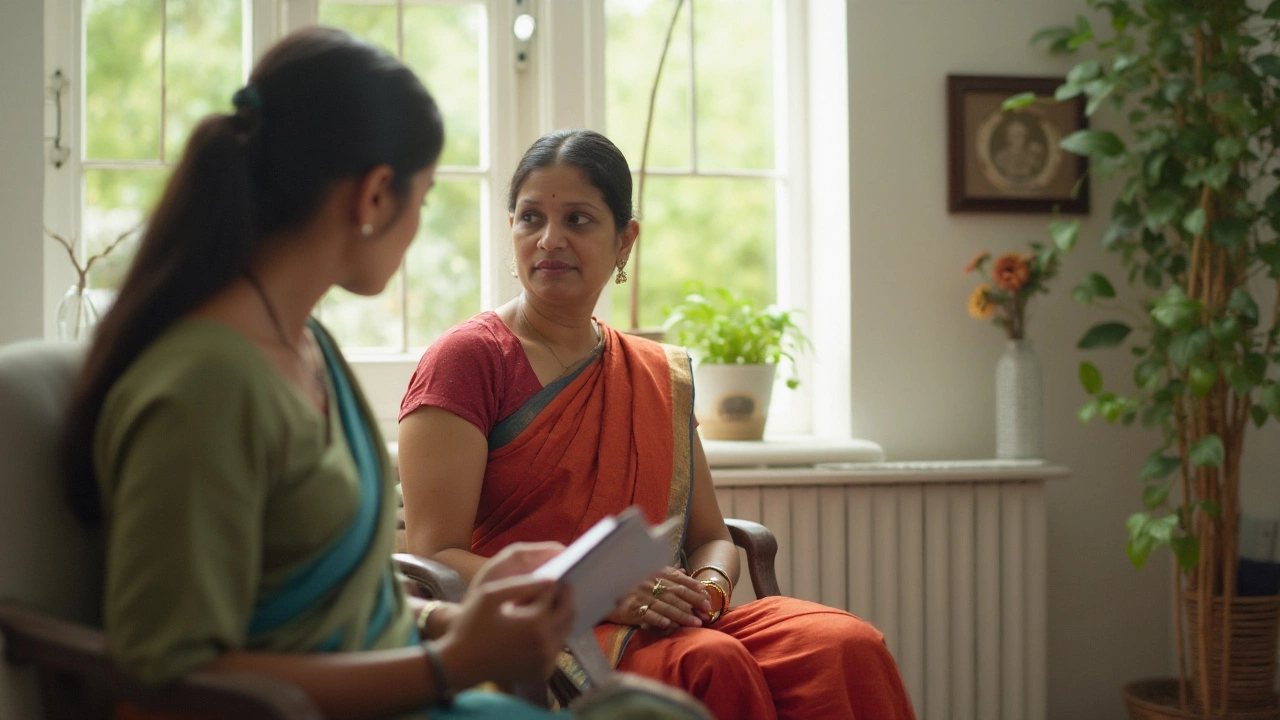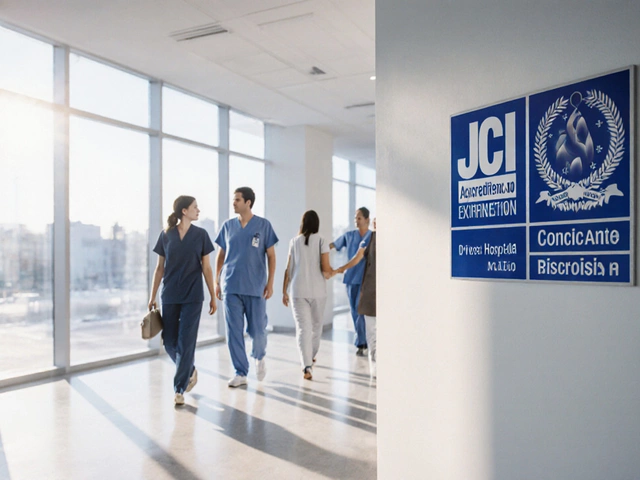Patient Advice: Simple Guidance for Better Health
Feeling lost with all the health info out there? You’re not alone. This page pulls together the most useful advice you need right now – from picking a safe hospital abroad to understanding what a free health check‑up actually covers.
Choosing Safe Surgery Options
If you’re thinking about surgery, the first question is safety. Look for JCI‑accredited hospitals and compare real 2025 costs in the Best Countries for Surgery guide. Countries like Thailand and Singapore often offer lower prices without compromising care, but each destination has its own strengths – some excel in orthopedics, others in cardiac procedures.
Don’t forget to check the surgeon’s experience and success rates. A quick chat with a local doctor or a patient forum can reveal hidden risks. Once you have a shortlist, request a detailed cost breakdown to avoid surprise bills.
Making the Most of Free Health Check‑Ups
Many Indian employers and insurers now provide complimentary health screening. These usually include basic blood tests, blood pressure, and a diabetes check. However, the real value comes from age‑specific tests – for example, a cholesterol panel for anyone over 35, or a bone density scan if you’re over 50.
Book your slot early, bring a list of any medicines you’re taking, and ask the doctor to explain each result. Knowing what’s included helps you spot extra charges later on.
Recovery Hacks After Major Surgery
Whether you’ve had heart surgery or a knee replacement, recovery speed often depends on simple daily habits. Start moving as soon as your doctor allows – gentle walks improve circulation and reduce the risk of blood clots.
For knee surgery patients, watch your bowel movements. Constipation is common, so stay hydrated, eat fiber‑rich foods, and consider a mild stool softener if needed. The article Pooping After Knee Surgery explains why this matters.
Heart surgery patients should keep a medication log, monitor wound sites for infection, and arrange help for at least the first week. Having a family member or friend around makes a huge difference.
Staying Safe with Medications and Supplements
Ayurvedic medicines are popular, but not all are risk‑free. Check for government approvals and read labels carefully. The Are Ayurvedic Medicines Safe? guide breaks down common myths and tells you what to watch for.
When buying herbal supplements, look for third‑party testing, clear ingredient lists, and credible sourcing. The How to Choose the Best Herbal Supplements article gives a quick checklist: authenticity, labeling, and safety first.
Understanding Common Concerns
Many wonder who can prescribe weight‑loss pills. In India, only qualified doctors like endocrinologists or physicians can do it. Jumping straight to OTC pills can be risky, so schedule a consultation first.
Therapy costs can seem high, but they reflect training, overhead, and personalized care. If budget is tight, ask about sliding scales or group sessions – they’re often just as effective.
Bottom line: good patient advice starts with asking the right questions, checking credentials, and following simple, evidence‑based steps. Use the links above for deeper dives on each topic, and remember that staying informed is the best way to stay healthy.





